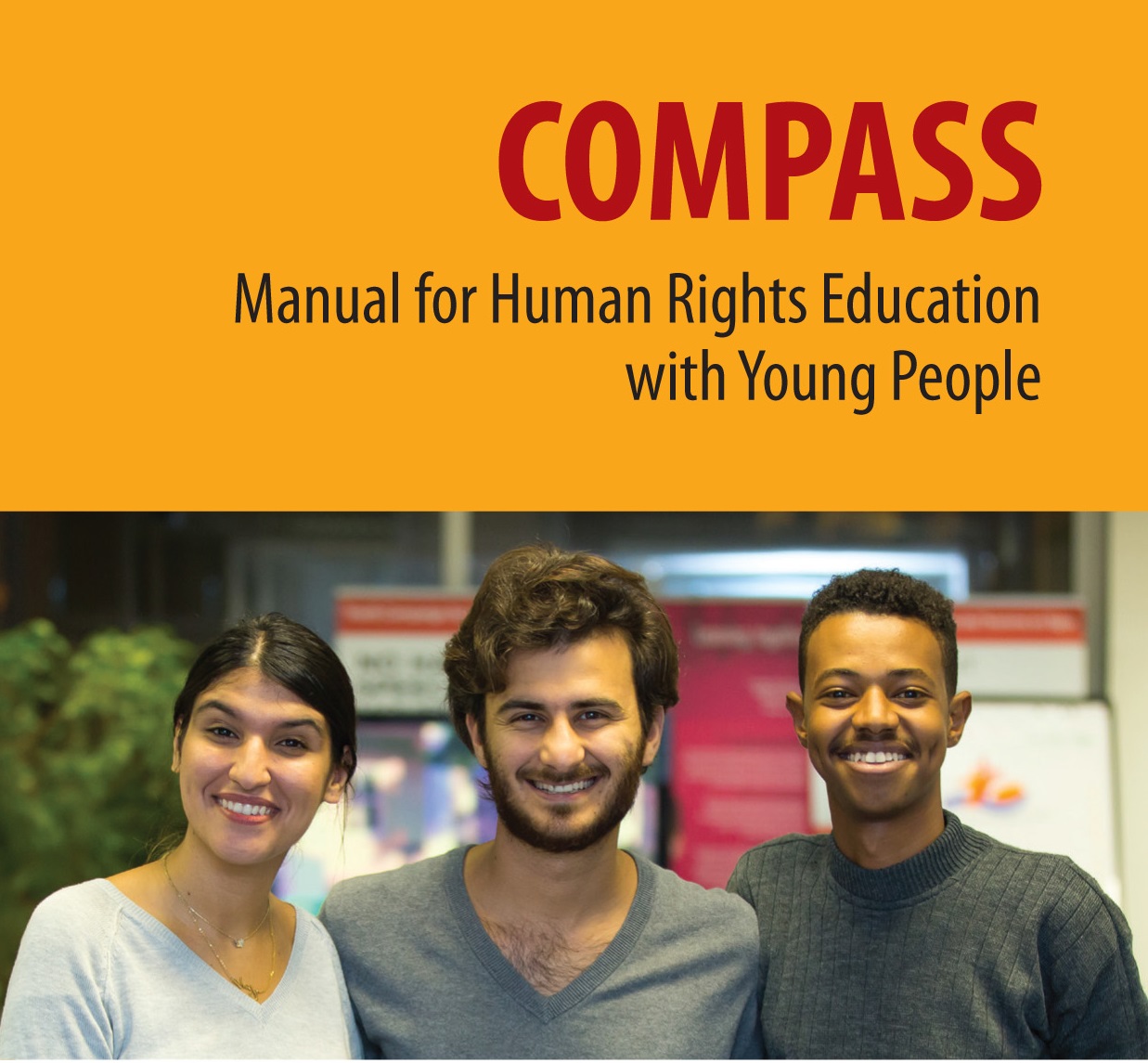Convention on the Rights of the Child
(Unofficial summary)
The Convention on the Rights of the Child (CRC) is the most universally accepted human rights instrument, ratified by every country in the world except two. The Convention incorporates the full range of human rights - civil, political, economic, social and cultural rights - of children into one single document. The Convention was adopted by the UN General Assembly on 20 November 1989 and entered into force in September 1990.
The Convention outlines in 41 articles the human rights to be respected and protected for every child under the age of eighteen years.
Article 1
Definition of child as “every human being below the age of eighteen years”, unless the national law considers majority attained at an earlier age.
Article 2
The rights safeguarded in the Convention shall be ensured without any discrimination of any kind.
Article 3
In all actions concerning children the best interest of the child shall be of primary consideration.
Article 5
The state shall respect the responsibility, rights and duties of the parents or extended family.
Article 6
Every child has the inherent right to life
Article 7
The child has the right to a name, to acquire a nationality and to know and be cared for by its parents
Article 8
The child has the right to identity and nationality.
Article 9
The child has the right not to be separated from its parents, except in its best interests and by a judicial procedure.
Article 12
The child has the right to express views on all matters affecting him/her and the child’s views should be given due weight.
Article 13
The child has the right to freedom of expression, including the right to seek, receive and impart information and ideas of all kind.
Article 14
The right of the child to freedom of thought, conscience and religion shall be respected.
Article 15
The child has the right to freedom of association and peaceful assembly.
Article 16
No child shall be subjected to arbitrary or unlawful interference with his/her privacy, family, home or correspondence; the child should be protected from unlawful attacks on his/her honour and reputation.
Article 17
The State shall ensure the right of the child to access to information and material from national and international sources
Article 18
Parents have the prime responsibility for the upbringing and development of the child.
Article 19
The State shall take all legislative, administrative, social and educational measures for the protection of the child from all forms of physical or mental violence, injury, abuse, neglect, maltreatment or exploitation.
Article 24
The child has the right to the highest attainable standard of health care, with emphasis on primary health care, the development of preventive health care.
Article 26
The child has the right to benefit from social security.
Article 27
The child has the right to a standard of living which will allow physical, mental, spiritual, moral and social development.
Articles 28 and 29
The child has the right to education. The State shall make primary education compulsory and available and free to all and encourage the development of different forms of secondary education, make them available to every child. School discipline shall be administered in a manner consistent with the child’s dignity. Education should be directed to the development of the child’s personality, talents and abilities, the respect for human rights and fundamental freedoms, responsible life in a free society in the spirit of peace, friendship, understanding, tolerance and equality, the development of respect for the natural environment.
Article 30
The child has the right to enjoy his/her own culture.
Article 31
The child has the right to rest and leisure, to play and freely participate in cultural life and the arts.
Article 32
The child shall be protected from economic exploitation and from performing work that is hazardous to his/her life and development.
Article 33
The child shall be protected from illicit use of narcotic drugs.
Article 34
The child shall be protected from all forms of sexual exploitation and sexual abuse, the use of children in prostitution or other unlawful sexual practices, in pornographic performances and materials.
Article 38
The State shall take all feasible measures to protect and care for children affected by armed conflict.
Article 40 and Article 37
Every child accused of having committed an offence or crime should be guaranteed to be presumed innocent until proven guilty, to have legal assistance in presenting his/her case, not to be compelled to give testimony or to confess guilt, to have his/her privacy fully respected, to be dealt with in a manner appropriate to their age, circumstances and well-being. Neither capital punishment nor life imprisonment without possibility of release shall be imposed for offences committed by children below the age of 18.
The full text of the Convention and Optional Protocols can be consulted and downloaded from many Internet sites, such as UNICEF’s (www.unicef.org/crc)
Source: UN Centre for Human Rights and People’s Movement for Human Rights Learning www.pdhre.org
- Chapter 1 - Human Rights Education and Compass: an introduction
- Chapter 2 - Practical Activities and Methods for Human Rights Education
- Chapter 3 - Taking Action for Human Rights
- Chapter 4 - Understanding Human Rights
- Chapter 5 - Background Information on Global Human Rights Themes
- Appendices
- Glossary







